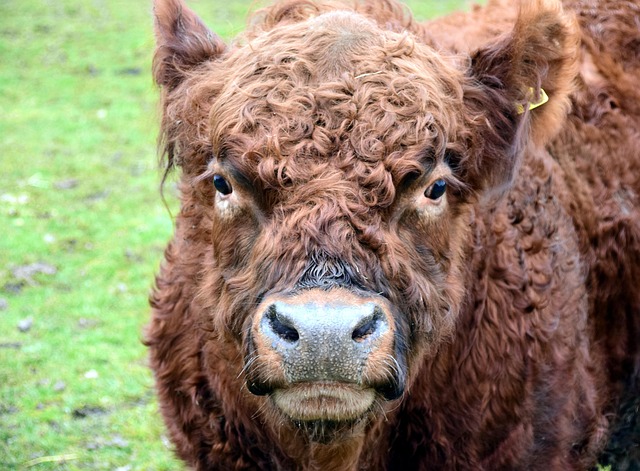In our fast-paced world where information is at our fingertips, the importance of questioning the very nature of reality has never been more significant. Methodological skepticism serves as a powerful tool in both science and modern philosophy, urging us to peel back the layers of assumed truths and arrive at a more profound understanding of what we deem real.
Methodological skepticism is essentially a process of disciplined doubt, a framework that prompts us to scrutinize the foundations of our beliefs and knowledge. In science, this skepticism is foundational. The scientific method itself thrives on hypothesis testing, controlled experimentation, and the possibility of refutation. Scientists are encouraged to question established theories, to await empirical evidence before drawing conclusions. This rigorous skepticism drives discoveries, ensuring that what we hold as truth is consistently evaluated and validated.
Yet this skepticism isn’t confined to laboratories and research papers; it spills into the realm of modern philosophy as well. Philosophers like René Descartes famously employed methodological skepticism to question and dissect everything from sensory perceptions to the existence of external reality. His famed dictum, “I think, therefore I am,” emerged from profound doubt—a realization that the very act of questioning provided irrefutable proof of his own existence. This approach resonates today, prompting a re-evaluation of the assumptions underlying contemporary philosophical dialogues.
In an age rife with misinformation and rapid technological advancement, methodological skepticism acts as a protective armor against the overwhelming deluge of opinions masquerading as facts. It empowers individuals to seek out empirical evidence and engage in critical thinking rather than accepting narratives at face value. The essence of questioning reality fosters a culture ripe for intellectual growth, debate, and understanding.
Moreover, this critical engagement with reality can have profound implications for how we interact with one another. It inspires dialogue—creating spaces where differing perspectives can be explored without fear or oppression. Within both scientific and philosophical frameworks, the act of questioning serves as a bridge connecting us to deeper truths, revealing the multifaceted nature of our existence.
Ultimately, embracing methodological skepticism means nurturing a relentless curiosity about the world and our place within it. It is a call to challenge our assumptions, to probe the depths of our knowledge, and to navigate an increasingly complex landscape of human experience with eyes wide open. Whether in the rigors of scientific inquiry or the contemplations of philosophical thought, questioning reality remains a vital beacon guiding us toward greater understanding and enlightenment.




